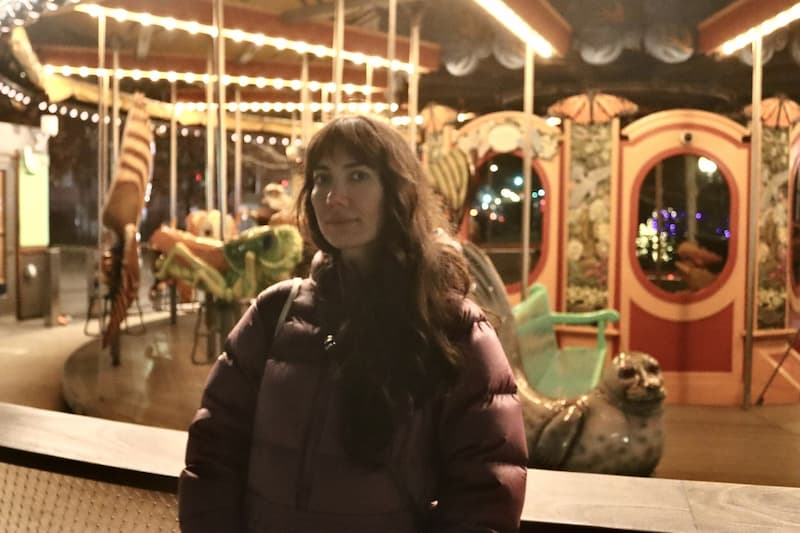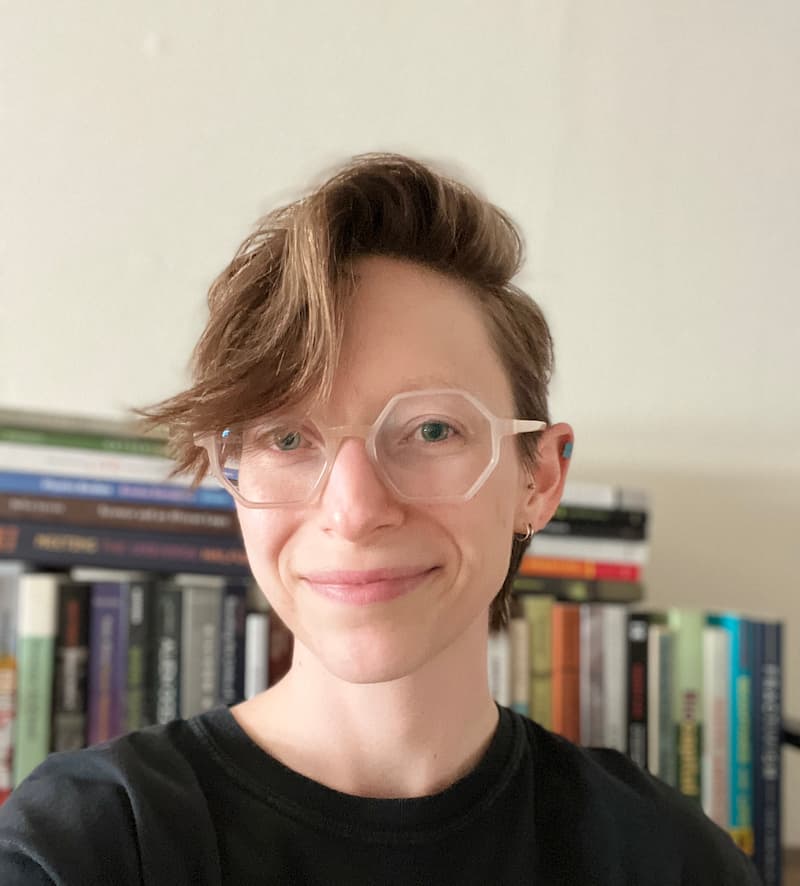2019 Winner
Catching Air
Risk and Embodied Ocean Health among Dominican Diver Fishermen
by Kyrstin Mallon Andrews
AES is pleased to award the 2019 Elsie Clews Parsons Prize to Kyrstin Mallon Andrews, a graduate student in anthropology at U. of California, Irvine.
Kyrstin’s paper, entitled “Catching Air: Risk and Embodied Ocean Health among Dominican Diver Fishermen” was selected from a strong pool of compelling new ethnographic work. Krystin could not come today because she is in the field.
Krystin’s paper focuses on the connection between bodily health and environmental health among diver fishermen in the Dominican Republic, and how those relationships are excluded from broader conversations about marine conservation in the national and global community. The paper examines the unequal ways illness and injury are made visible in relation to the environment. The paper analyzes illness narratives and experiences of “catching air,” which is the local term for the bends, or decompression sickness. These are injuries caused by a rapid decrease in the pressure that surrounds a diver upon emerging from the water. As Kyrstin puts it, she explores “decompression sickness as a symptom of failing ecologies and strained human relations with the sea, where environments at risk become embodied through parallel risky practices at sea.” The panel appreciated the paper for its fresh argument, deft interweaving of complex themes, and strong ethnography. The panel cited it as a strong example of how ecological and political-economic violences and changes impact particular people, and their embodied experiences, in unequal ways.
AES’s graduate-student paper prize is named for Elsie Clews Parsons, a past president of AES (1923-25) who was also the first woman president of the AAA (1941). Parsons was known especially for her work among the Hopi and Pueblo in the southwest United States, and for her commitment to anthropology as a vehicle for social change. The prize is awarded yearly for the best graduate-student paper that engages with AES’s core commitments to combining innovative fieldwork with rich theoretical critique. The selection panel was encouraged by the rich ethnography and innovative engagement with theory generated by graduate students who submitted work this year.
AES would like to thank the selection panel, which consisted of Caitrin Lynch (chair, Olin College), Elizabeth Ferry (Brandeis University), and Anastasia Karakasidou (Wellesley College). Please keep an eye out for the next competition, deadline at the end of 2019.



